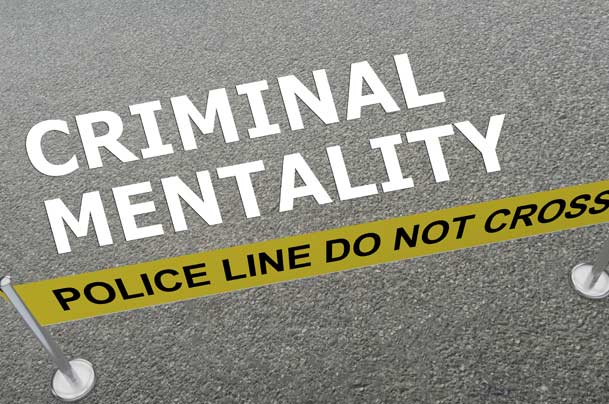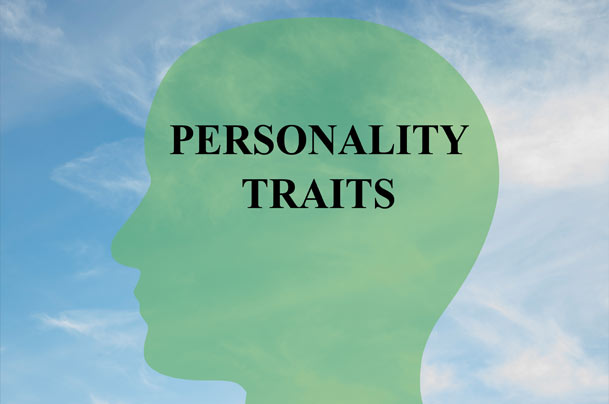Adult Populations
Stress in life is inevitable. Sometimes these stressors overwhelm an individual’s capacity to cope, adapt and function in their optimal fashion. Chronic stress can breed symptoms of depression, anxiety, panic, fatigue and anger. Stress may develop as a result of life transitions and change. I specialize in helping young adults, middle age and the aged deal with transitions that can be challenging and stressful, often accompanied by anxiety, fear, poor self-esteem, grief, identity issues, confusion and hopelessness.











